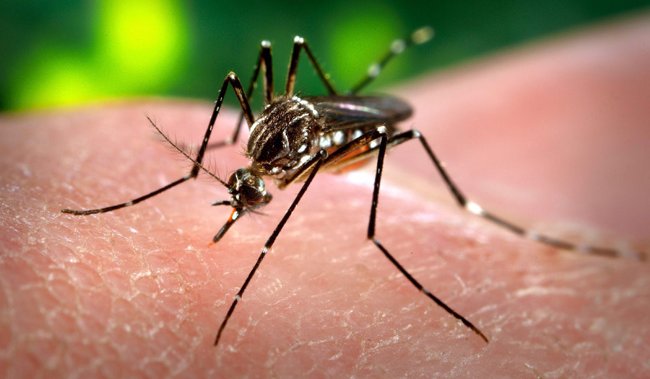
Hamilton has bumped up the risk level of contracting West Nile virus (WMV) from moderate to high after the first human case of the season was revealed Tuesday.
Public health didn’t release any specifics on the individual case, but is suggesting residents protect themselves against mosquito bites by removing standing water from private property to prevent mosquito breeding.
“It is important to take precautions to avoid illnesses spread by insects including West Nile virus, Lyme disease, and eastern equine encephalitis (EEE),” Dr. Bart Harvey said in a release.
“Employing simple preventive measures such as using insect repellent containing DEET or Icaridin, covering up, and removing standing water on your property to prevent mosquito breeding will reduce your risk while you enjoy the outdoors.”
Harvey said the risk is likely to remain until the next heavy frost reduces mosquito populations.
Reported human infections have been down in recent years, with just two in 2022, significantly lower than the six recorded in 2017 and 2018.
The city has not had a death connected to WNV since 2012, when one person died in a year when 20 human cases were reported.
Older adults and those with weakened immune systems may experience West Nile fever and more severe issues, including inflammation of the brain or the lining of the brain.
Harvey says if symptoms do occur, they usually appear two to 14 days after being bitten by an infected mosquito.
The city says it has recently completed a third round of larviciding treatments on street catch basins and is treating water surfaces on public land in hopes of reducing insect numbers.
© 2023 Global News, a division of Corus Entertainment Inc.

















